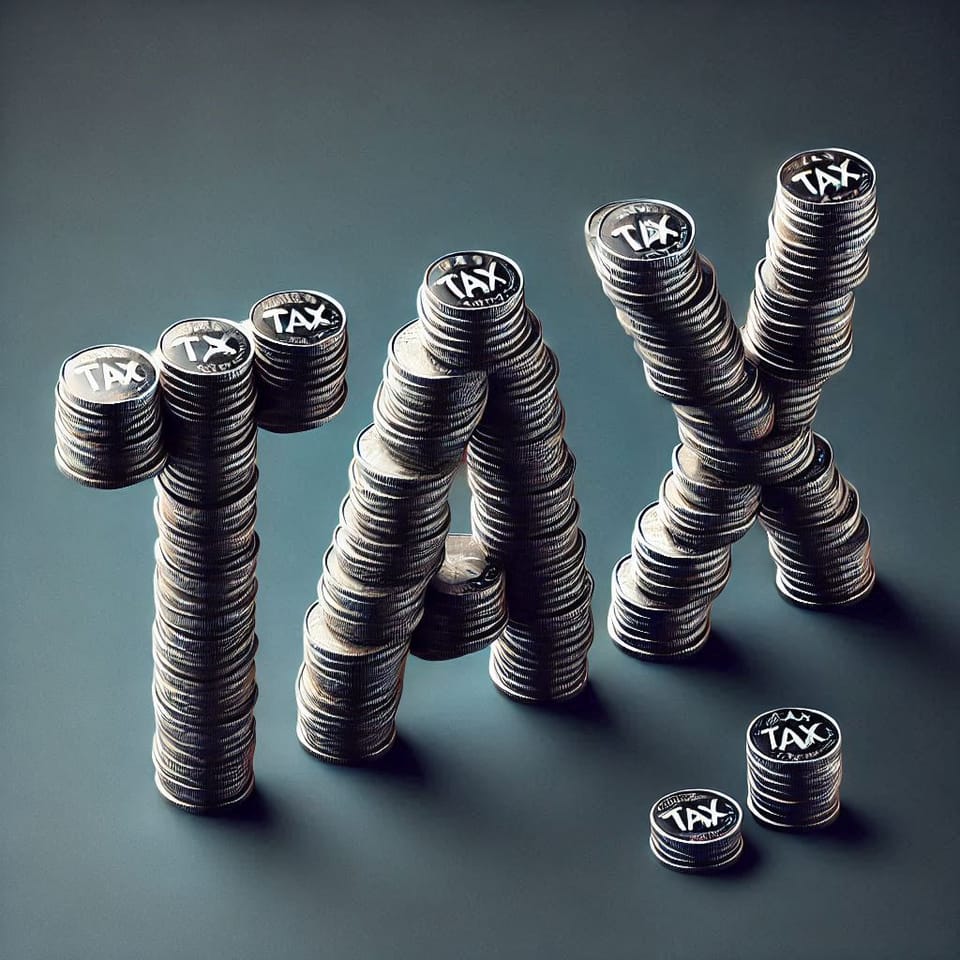New year, higher bills

As Kenyans step into 2025, they face a sweeping wave of tax changes that promise to significantly impact the cost of living. The Kenya Revenue Authority (KRA) has implemented several new measures that affect everything from fuel prices to housing costs, marking one of the most comprehensive tax reforms in recent years.
The most immediate impact will be felt at the pump, where VAT on petroleum products has doubled from 8% to 16%. This increase, coupled with a new excise duty adjustment of 12.5% for inflation, is expected to trigger a ripple effect across various sectors of the economy, particularly transportation and manufacturing.
Despite ongoing legal challenges, the controversial housing levy remains fixed at 1.5% of employees' gross salary. Adding to the tax burden, digital assets now face a 3% tax, while the import declaration fee has been pushed up to 3% from the previous 2.5%.
The construction sector is bracing for higher costs as new levies target building materials. Industry experts predict significant increases in the prices of essential materials like cement and steel, affecting both commercial and residential construction projects throughout the year.
Manufacturing companies are particularly hard hit by the 12.5% excise duty adjustment, with beverage and tobacco industries facing the steepest increases. Industry analysts expect these additional costs to be passed on to consumers, further straining household budgets.
For businesses navigating this complex tax landscape, experts recommend digitalizing tax compliance systems and implementing early tax planning strategies. Companies are advised to maintain detailed documentation and conduct regular tax health checks to ensure compliance with the new regulations.
As these changes take effect, both businesses and consumers will need to adapt to what appears to be a challenging economic environment in 2025. The success of these measures in achieving their revenue targets while maintaining economic stability remains to be seen.
